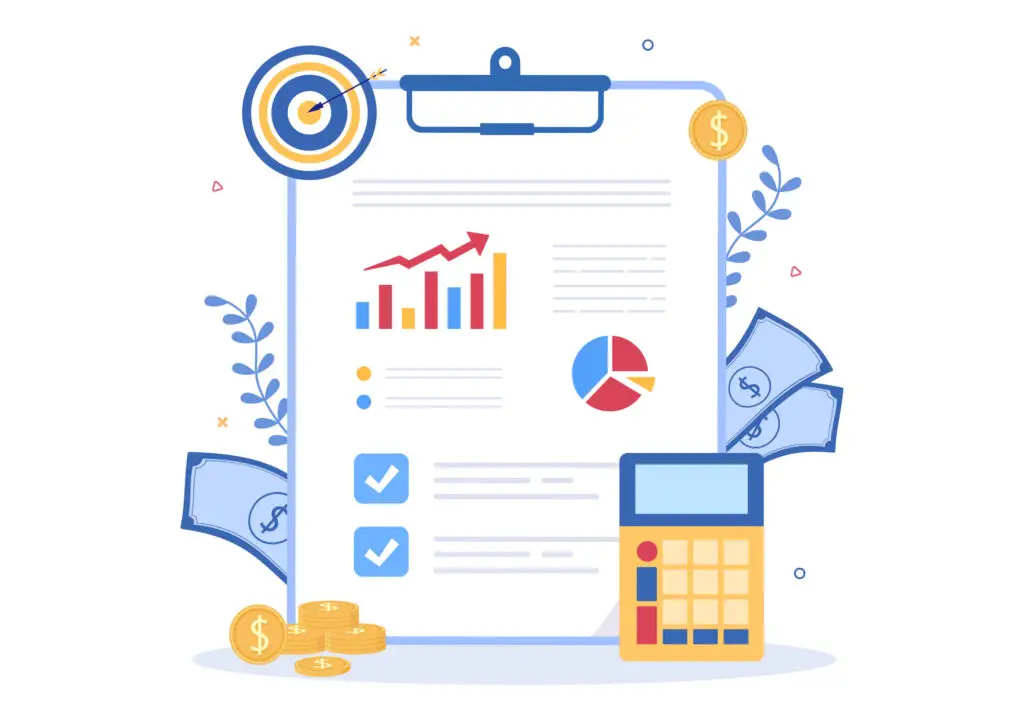 While the old expression in Wall Street that past performance is no guarantee of future results may be true for investments, when it comes to credit, past performance may be a good indicator of future performance. Checking on credit in various situations is a way to mitigate the risk of nonpayment or other undesirable results. Who are you checking up on: customers, job applicants, your own company? This impacts whether and how you proceed.
While the old expression in Wall Street that past performance is no guarantee of future results may be true for investments, when it comes to credit, past performance may be a good indicator of future performance. Checking on credit in various situations is a way to mitigate the risk of nonpayment or other undesirable results. Who are you checking up on: customers, job applicants, your own company? This impacts whether and how you proceed.
Customers
Maybe you’re a roofer who must help to finance a homeowner’s new roof. Or you own rental property and want to verify that a perspective tenant has the ability to pay the rent. Or you are about to do work for a company for which invoicing is required, so payment is not upfront. Whatever the reason for extending credit to customers, you probably want to know they’re good for the money.
- For B2C, check a consumer’s credit through one of the 3 major credit bureaus: Equifax, Experian, and TransUnion. There are special tools for tenant checks. In all cases, you need the permission of the consumer to do a credit check.
- For B2B, check a business’s credit at D&B and Experian. You do not need the permission of the business customer to do this.
Employees
Maybe you are hiring an employee who will be handling company money or given access to sensitive private data of customers and other employees. You may want to run a credit check on a prospective employee. Credit checks are not routine. In 2020 (the most recent year for statistics), only 14% of employers ran credit checks on all job candidates, while 38% did so on some candidates.
If you decide to run a credit check, be sure to follow the law. The Fair Credit Reporting Act requires employers to notify employees about conducting the check. If an employer decides to reject a candidate based on the credit report, the candidate must be notified in a “pre-adverse action notice” and given time—usually a 3 to 5 business days—to respond.
Note: Several states, including California, Colorado, Connecticut, Hawaii, Illinois, Maryland, Nevada, Oregon, Vermont, and Washington, have banned the use of credit checks on job applicants and employees. Check with your state on whether you can run a check and what rules you must follow if allowed to do so.
Your business’ credit history
You may also want to run a credit check on your own business to see where you stand. Remember that other companies may check up on you before deciding whether to do business with you. Similarly, lenders will check on your creditworthiness before giving you loans, lines of credit, or most other types of financing. Experian can run a credit check on your company–for a fee—and helps you manage your score. D&B also offers credit management solutions for small businesses.
Final thought
Running a business involves many risks—from vicissitudes in the economy, fluctuating interest rates, supply chain shortages, and changing customer tastes. You have to adapt and survive these risks. But you can limit the risk of dealing with people or companies that may not pay you for your goods and services or otherwise mishandle your money: check creditworthiness when it’s warranted. Be sure you budget for this task accordingly.
Find more blogs written on the subject of business credit here.


